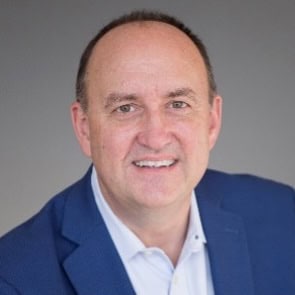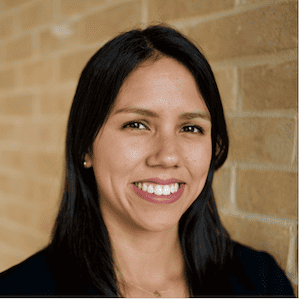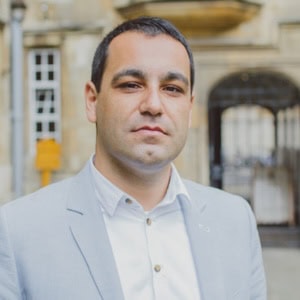-
The Most Powerful Weapon for Changing the World: How Microfinance Institutions Can Increase Access to Education
Nelson Mandela described education as the “most powerful weapon which you can use to change the world.” But how can we increase access to quality education for children and adults? The author maintains that governments and the philanthropic sector can play a role, but there's also a practical need for private financial resources to support education access.
- Categories
- Education
-
Sir Fazle Hasan Abed of BRAC: Poverty’s About Deprivation, and It’s Fixable (Video)
“Oppressed people have got their own way of thinking about life,” said Sir Fazle Hasan Abed, founder of BRAC, “and if you can somehow mobilize them, make them critically aware of their own condition, and get them to act on their own behalf, make them an actor in their own history, then things become much easier.” Watch our in-depth interview.
- Categories
- Social Enterprise
-
Nine Reasons Social Enterprises Should Put Locals in Executive Positions
As an American social entrepreneur living in Uganda, the author says it's easier and often cheaper – because of roots and networks – to hire other Americans. But if you want to navigate a company through foreign culture, customs and policies, he says, make sure you put locals in executive positions.
- Categories
- Social Enterprise
-
Turning the Microfinance Model Upside Down: An Interview with Jeffrey Ashe
In this frank interview, microfinance pioneer-turned-savings group advocate Jeffrey Ashe discusses the history of the savings group model, how it improves upon microfinance – and why it doesn't get as much attention.
- Categories
- Finance
-
More Giant Rats On the Way. And That’s a Good Thing.
APOPO trains African giant pouched rats to sniff out tuberculosis (TB), a top infectious disease killer worldwide even though it’s curable and preventable. The program has proven successful in screening for TB in crowded prisons in Tanzania and Mozambique, and APOPO hopes to roll it out in at least six countries by 2020.
- Categories
- Health Care, Social Enterprise
-
Four Trends in Global Health Care for the Poor
The Center for Health Market Innovations' annual review of its program database, featuring more than 1,500 programs working in 130 countries, reveals new research and innovative solutions emerging from the private sector – particularly in the areas of adolescent care, disaster response, the co-creation of solutions and reported results.
- Categories
- Health Care, Social Enterprise
-
The Evolution of Impact Investing – An Interview with Amit Bouri
Since its founding in 2009, the GIIN has become a standard bearer for the industry, providing everything from specialized training to fund managers and a searchable database of funds and products, to an active Career Center and the influential IRIS catalog of performance metrics. We spoke with Amit Bouri, the chief executive officer and co-founder of the GIIN, about his views on the sector's challenges and future.
- Categories
- Impact Assessment, Investing, Social Enterprise
-
How PayPal is Moving Beyond Payments: An Interview with Tyler Spalding
Many people know PayPal primarily through its ubiquitous buttons enabling online donations to nonprofits, blogs and other websites and causes. But it also has a significant presence in the world of social business – something that represents a growing priority for the payments provider. We discussed this evolving focus with Tyler Spalding, lead manager on PayPal's Social Innovation team.
- Categories
- Uncategorized










